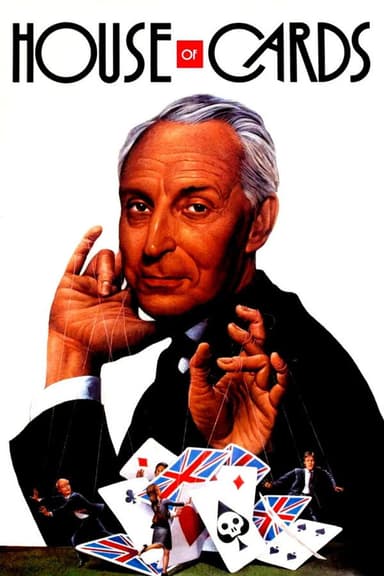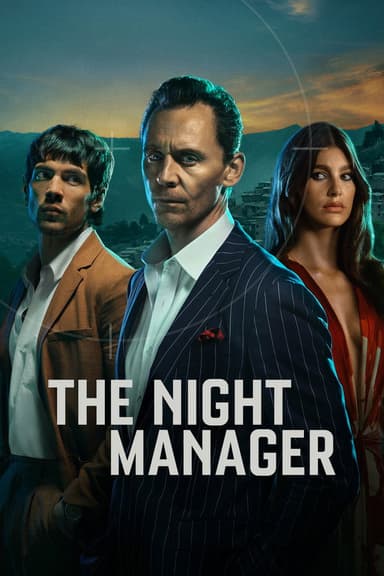
The Final Cut
1995 • Comedy, Drama, War & Politics
Urquhart aims to secure his legacy on the international stage, but faces threats both from abroad and closer to home.
Why you should read the novel
Michael Dobbs’ novel, The Final Cut, plunges readers into the labyrinthine world of British politics with visceral immediacy, providing a depth and texture unmatched by its television adaptation. The novel delves deeply into Francis Urquhart's psyche, guiding you through the complex web of alliances, betrayals, and moral compromises, all through richly crafted prose and inner narration. By reading the book, you gain access to nuances of character motivation and political machination that are glossed over or entirely absent on screen.
The immersive details of the written word allow you to witness the personal costs and internal victories of Urquhart in ways the visual medium can't fully capture. Dobbs’ command of language paints the shifting landscape of Whitehall with a realism that makes each decision, betrayal, and revelation resonate profoundly. You’ll find the literary version of Urquhart to be more complex and multi-dimensional than his already-memorable television portrayal.
Moreover, the source novel offers subplots and historical context omitted from the series, making for a richer, more layered narrative. Dobbs’ storytelling holds up a dark mirror to contemporary power struggles, rewarding the reader with a more intricate and thought-provoking experience than even the acclaimed television series can provide.
Adaptation differences
A notable difference between The Final Cut novel and its TV adaptation lies in narrative scope and depth. While the series, led by Ian Richardson’s magnetic performance, focuses on visual dramatization and dialogue-driven intrigue, the book delves much deeper into Urquhart’s introspection, motivations, and cunning. The novel provides context to his actions and thoughts, offering readers a more personal understanding of his ambitions and vulnerabilities.
Another major distinction is the handling of supporting characters. Some characters’ roles are greatly expanded, condensed, or entirely altered in the adaptation for dramatic pacing and television time constraints. Certain subplots—such as elements of British foreign policy or inner-party tensions—are more thoroughly explored or take different directions in the book compared to the series.
There are also structural differences in how key plot events unfold. The novel often presents a more gradual escalation of political maneuvers, while the television series may merge or accelerate events for dramatic effect. This shift sometimes results in the loss of subtlety, with some of Urquhart’s manipulations appearing more abrupt or less intricately justified on screen than in the novel.
Finally, the resolution of Urquhart’s story and the ultimate consequences of his actions differ between the formats. The book permits a more nuanced exploration of his legacy, offering ambiguous moral and emotional closure. In contrast, the TV series opts for a quicker, more definitive conclusion that aligns with its visual storytelling needs. As a result, readers of the novel are treated to a more reflective and resonant ending, emphasizing the long-term impact of power and corruption.
The Final Cut inspired from
The Final Cut
by Michael Dobbs



